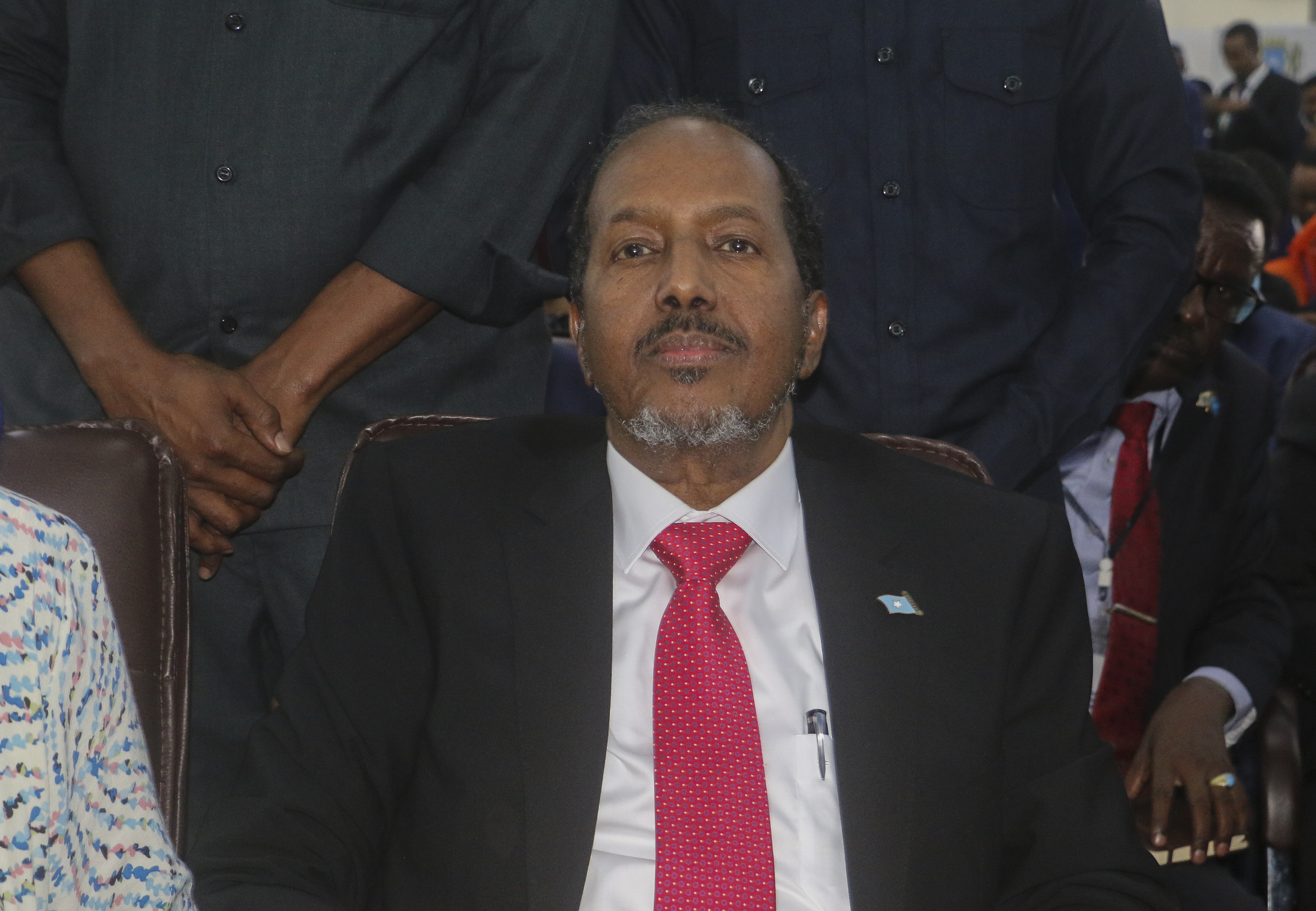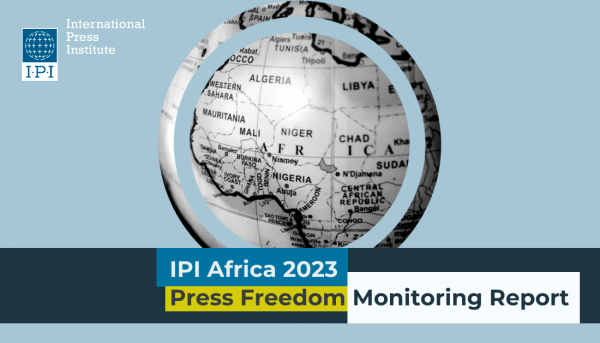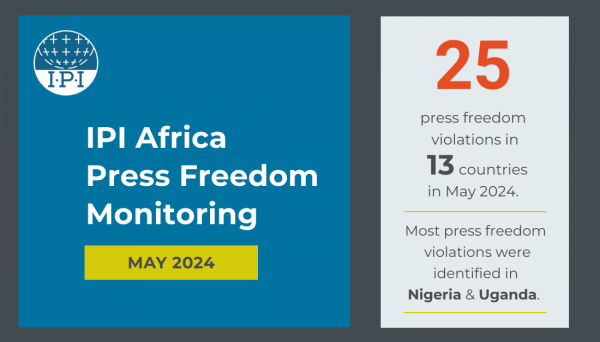The IPI global network welcomes a recent court decision in Somalia dismissing all charges against journalist Mohamed Ibrahim Bulbul, who had been detained for 56 days. IPI reiterates its call on authorities to stop the detention and harassment of journalists and allow critical journalists to do their job without fear or hindrance.
On August 17, Bulbul, who works for Kaabal TV, a privately owned media outlet, was arrested at Mogadishu University by elements of the national intelligence service. Bulbul is also a press advocate working with IPI member Somalia Journalist Syndicate (SJS). Following his arrest and detention, IPI called on authorities for his release.
On September 25, the office of the attorney general brought seven charges, including anti-national propaganda, bringing the state into contempt, and publication of false information, against Bulbul, following his report that exposed allegations of corruption involving police officers.
However, on October 11, in his second court appearance, the court dismissed all the charges leveled against him. Prior to this dismissal, he had been granted a provisional release on October 7 due to his deteriorating health condition in detention.
“IPI welcomes the release of Mohamed Ibrahim Bulbul, but we underscore that he should never have been detained in the first place”, said Nompilo Simanje, IPI Africa Advocacy and Partnership Lead. “His more than fifty days in detention is a serious attack on press freedom. Authorities in Somalia must stop using the criminal code to target and harass journalists who are doing their job as public watchdogs to foster a culture of democracy, transparency, and good governance.”
She added: “Somalia must revise its criminal code to remove provisions detrimental to press freedom, in conformity with regional and international standards on press and media freedom.”
A series of press freedom violations
Journalists and critical media outlets in Somalia have been facing a series of press freedom challenges, among others, arrest and detention, and physical brutality. Most of these incidents have been carried out by security forces.
In the month of August, IPI monitoring recorded at least 12 incidents of press freedom violations in Somalia. For instance, the website of media watchdog SJS was a target of a DDoS attack due to its press advocacy work. On August 23, 2023, police officers detained for about three hours two journalists from Five Somali TV, Zakariye Mohamed Salad (reporter) and Mohamed Dulmi-diid (cameraman). The journalists were reporting on the aftermath of coordinated Al-Shabaab attacks that unfolded in various neighborhoods of Mogadishu overnight. During their detention, their equipment was seized. They were later released without any formal charges against them. The journalists were forced to abandon the news stories, because of the brutality and the intimidation exerted on them, and out of safety for their lives.
Suicide bomb killing of journalists
In addition to state repression, the press environment in Somalia faces another layer of danger because of recurrent attacks by armed groups. Recently, journalist Abdifatah Moalim Nur (Qeys) was killed in a suicide bombing attack on October 16 that targeted civilians. The killing of Qeys revives the still-fresh memory of journalist Mohamed Isse Hassan killed on October 29 last year in a double car bombing attack that left several other media workers injured.
IPI call on authorities
Nompilo Simanje added, “It is clear that journalists in Somalia face challenges in carrying out their work in an extremely difficult context and in a volatile security environment, with recurrent attacks by armed groups on civilians and state institutions. However, this must not serve as a pretext by the authorities to restrict press freedom nor shy away from public scrutiny, accountability, and good governance. Rather, the authorities must create a conducive environment for press freedom in enabling journalists’ effective contribution to the building of the country’s democratic dispensation and rule of law.”



